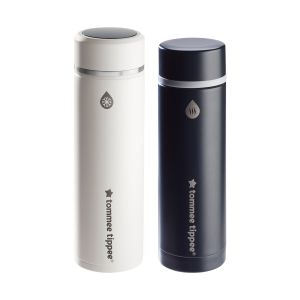
This is a demo store. No orders will be fulfilled.
Subscription orders can be cancelled at anytime. Free delivery on all subsequent subscription orders. Find out more about subscriptions.
They’re easy and fuss free
Your products are automatically sent to you
You save up to 10% when you sign up for a subscription
You can cancel at any time
Potty training is an essential step that teaches children to move on from nappies and to eventually use a toilet.
Getting the hang of potty training often takes a lot of patience. Lots of parents find that it's best to take it slow and follow your child���s lead. Gentle encouragement is key.
Every child is different and it's important that parents don���t compare their child���s progress with that of other little ones.
There's no specific age you need to begin, but a lot of parents consider starting training when their child is around two years old. It's a good idea to begin potty training when there're no big changes to your family's routine, so that your child doesn���t get confused. Some parents also find that it's easier to begin potty training in the warm summer months when your little one will be wearing fewer layers of clothing.
Put simply, you can start whenever your child is ready. Signs that they're ready to begin potty training include that they���
To prepare your child for potty training, it's a good idea to introduce them to the idea gradually.
You can also���
Once you're ready to get started, these potty training essentials can come in handy���
Most children manage day-time potty training before they learn to make it through the night with no accidents.
You may find that your little one needs to continue wearing nappies or pull-ups to bed for a little while longer.
If this is the case, it���s important to be patient and positive. Encourage them to use the potty just before bed to help reduce accidents.
It can also help to make their bed up with a protective mattress cover, and never make them feel ashamed about wetting the bed.
There's no set age to start potty training, but most people start to think about it when their child is between two and two-and-a-half years old.
Some little ones begin using the toilet rather than a potty sooner than others. It really depends on each unique situation. Trainer seats that clip onto the toilet can help them feel confident on the toilet, and a step for your child to rest their feet on can help, too.
No, forcing a child to use their potty can cause upset and make your little one associate going to the toilet with negativity.
Even though accidents are frustrating for parents, it���s best to remain patient and let your child lead the potty-training process. They will be ready in their own time.
Try not to set deadlines and always consider their unique temperament and developmental schedule.